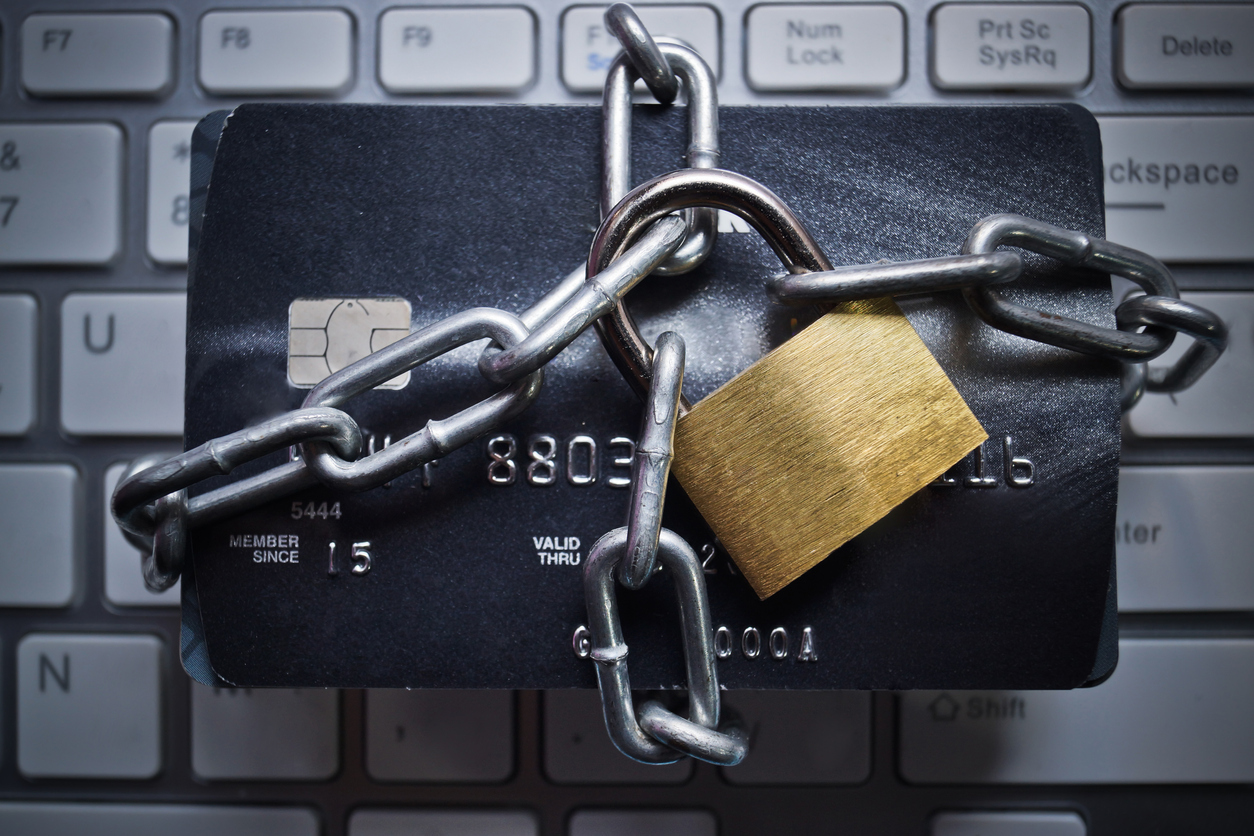
| October 1st, 2023 |
Mastering Credit Card Security: Protecting Your Business and Customers
In today’s digital age, credit card processing is an integral part of conducting business. It allows customers to make payments conveniently, whether in-store or online. However, with the convenience of credit card processing comes the responsibility of safeguarding sensitive financial information. In this guide, we’ll delve into the world of credit card processing security, shedding light on crucial aspects that businesses and consumers alike should understand. By the end, you’ll have a clear picture of how to protect your business and customer data from potential threats.
Why Credit Card Processing Security Matters —
Before we dive into the details of credit card processing security, let’s explore why it’s so vital:
- Consumer Trust: Customers trust businesses to protect their payment information. A security breach can erode this trust and damage a company’s reputation.
- Legal Obligations: Businesses are legally obligated to protect customer data. Failure to do so can result in severe legal and financial consequences.
- Financial Loss Prevention: Implementing robust security measures helps prevent financial losses resulting from fraud and unauthorized transactions.
- Competitive Advantage: Businesses with strong security measures in place have a competitive advantage, as customers are more likely to choose a secure payment option.
Key Elements of Credit Card Processing Security —
To ensure the security of credit card processing, several key elements must be considered:
1. Encryption: Encryption is the process of converting sensitive data into an unreadable format that can only be deciphered by authorized parties. Credit card information must be encrypted during transmission and while stored on servers or devices.
2. PCI DSS Compliance: Payment Card Industry Data Security Standard (PCI DSS) compliance is a set of security standards designed to ensure the safe handling of credit card information. Businesses that process credit card payments must comply with PCI DSS requirements.
3. Tokenisation: Tokenisation involves replacing credit card data with a unique token. This token is used for transactions, eliminating the need to store actual credit card numbers on servers, reducing the risk of data breaches.
4. Multi-Factor Authentication: Multi-factor authentication adds an extra layer of security by requiring users to provide two or more forms of verification before accessing sensitive data or making transactions.
5. Regular Security Audits: Regular security audits and assessments help identify vulnerabilities in the payment processing system. These audits are essential for staying ahead of potential threats.
Security Tips for Businesses —
Businesses can take several steps to enhance credit card processing security:
1. Choose a Secure Payment Processor: Select a reputable payment processor that prioritizes security and complies with PCI DSS standards.
2. Implement Encryption: Ensure that credit card data is encrypted during transmission and storage. Use strong encryption algorithms to protect sensitive information.
3. Educate Employees: Train your employees on security best practices, such as recognizing phishing attempts and following secure password protocols.
4. Regularly Update Software: Keep payment processing software and security systems up to date. Updates often contain patches for known vulnerabilities.
5. Monitor Transactions: Regularly monitor transactions for unusual or suspicious activity. Implement automated alerts to detect potential fraud.
6. Limit Data Access: Grant access to credit card data only to employees who require it for their roles. Restrict access to a need-to-know basis.
Security for Consumers —
Consumers also play a crucial role in credit card processing security:
1. Monitor Statements: Regularly review credit card statements for unauthorised Credit card transactions. Report any discrepancies to your card issuer immediately.
2. Use Secure Websites: When making online purchases, ensure that the website is secure by looking for “https://” in the URL and a padlock symbol in the browser’s address bar.
3. Beware of Phishing: Be cautious of emails or messages requesting your credit card information. Legitimate organisations will never ask for this information via email.
4. Set Alerts: Set up alerts with your credit card issuer to receive notifications for large or unusual transactions.
5. Secure Personal Devices: Ensure that your personal devices, such as smartphones and computers, are protected with strong passwords or biometric authentication.
Conclusion —
Credit card processing security is paramount in today’s digital economy. Both businesses and consumers must take proactive steps to protect sensitive financial information. By implementing encryption, adhering to PCI DSS standards, and adopting security best practices, businesses can build trust with their customers and reduce the risk of data breaches.
Consumers, too, must remain vigilant by monitoring their credit card statements, using secure websites, and safeguarding their personal devices. Together, businesses and consumers can contribute to a safer and more secure credit card processing environment, ensuring that financial transactions remain convenient, reliable, and protected.